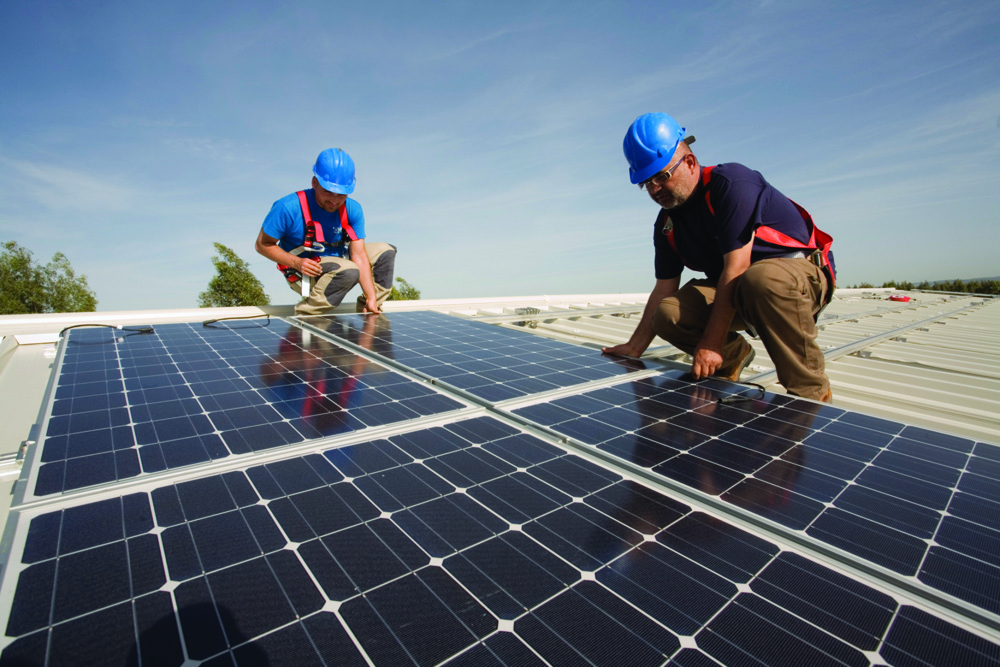The Department for Business, Energy and Industrial Strategy has upgraded its Q1 and Q2 2016 deployment stats, but warned of lower-than-average recorded sun hours over the last three months.
Having originally forecast just 370MW of solar to have been deployed in the UK in Q1 this year, the department now expects there to have been 1.155GW deployed during that time.
And that figure is likely to grow further over the coming months as the department continues to catch up with the lag between itself and Ofgem. Solar Intelligence forecasted that Q1 deployment, the penultimate period under the Renewables Obligation scheme, stood at circa 1.553GW.
BEIS’ Q2 figure has also been revised upwards, from the 88MW initially estimated last month to a new figure of 132MW.
Solar Intelligence will be releasing its Q2 deployment estimate next week.
Deployment for July – historically a strong month for residential installations – has however demonstrated the residential market’s continued struggles under the new feed-in tariff regime.
Last month BEIS estimates that just 15MW of solar was installed, with only 3,763 >4kW systems fitted throughout the UK. That figure is roughly two-thirds down on July 2015’s deployment under the same deployment band, and 64.8% down on figures for July 2014.
BEIS also sounded a minor warning for utility-scale asset holders, revealing that sun hours for the UK over the last three months have fallen by an average of 0.8 hours per day in comparison to last year.
Between May and July 2016 the average sun hours figure was 5.7, with the reduction predominantly down to a significantly poor June for recorded sun.
While 7.5 sun hours were recorded in June last year, June 2016’s figures fell to just 4.4 hours – similar to the kind of irradiance recorded in March – as the weather turned.

